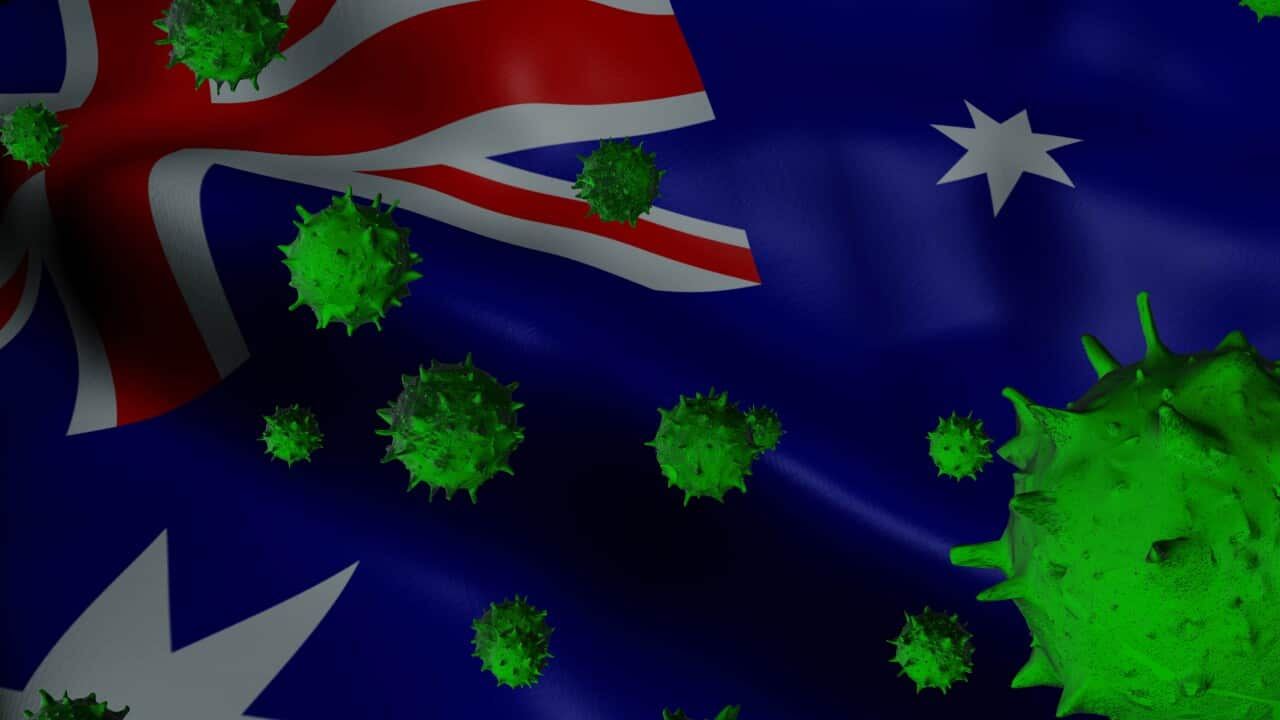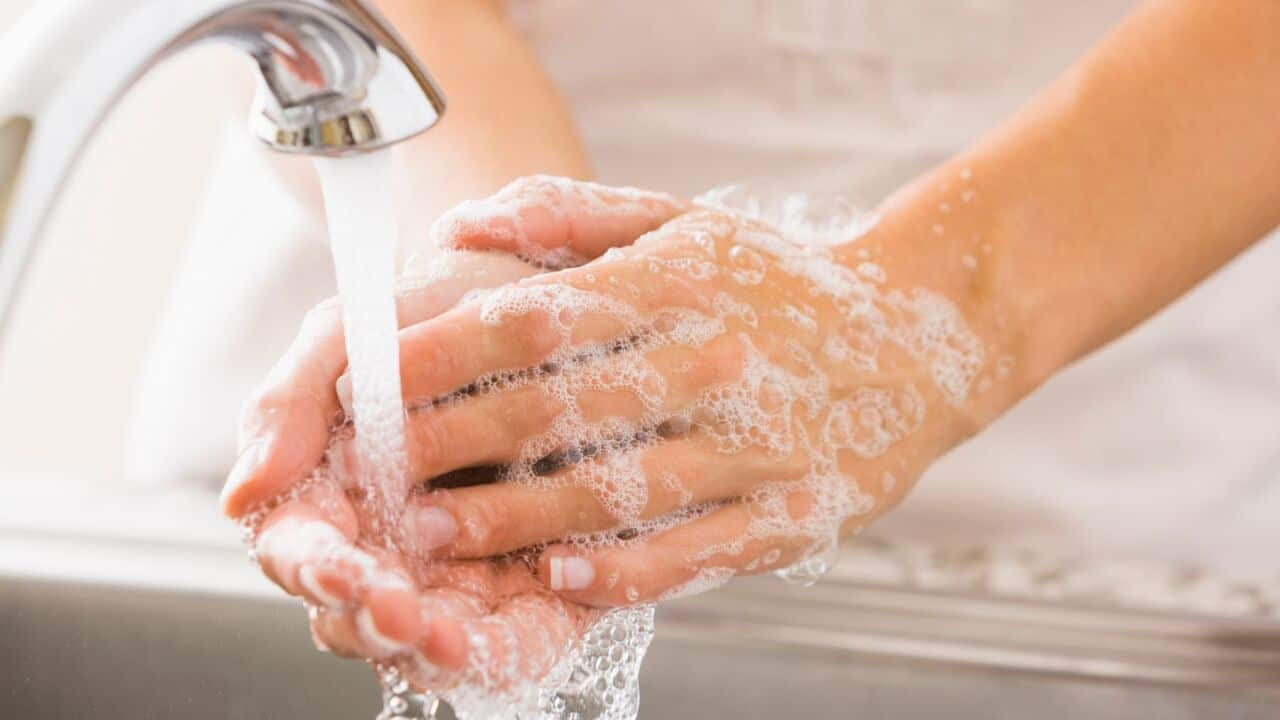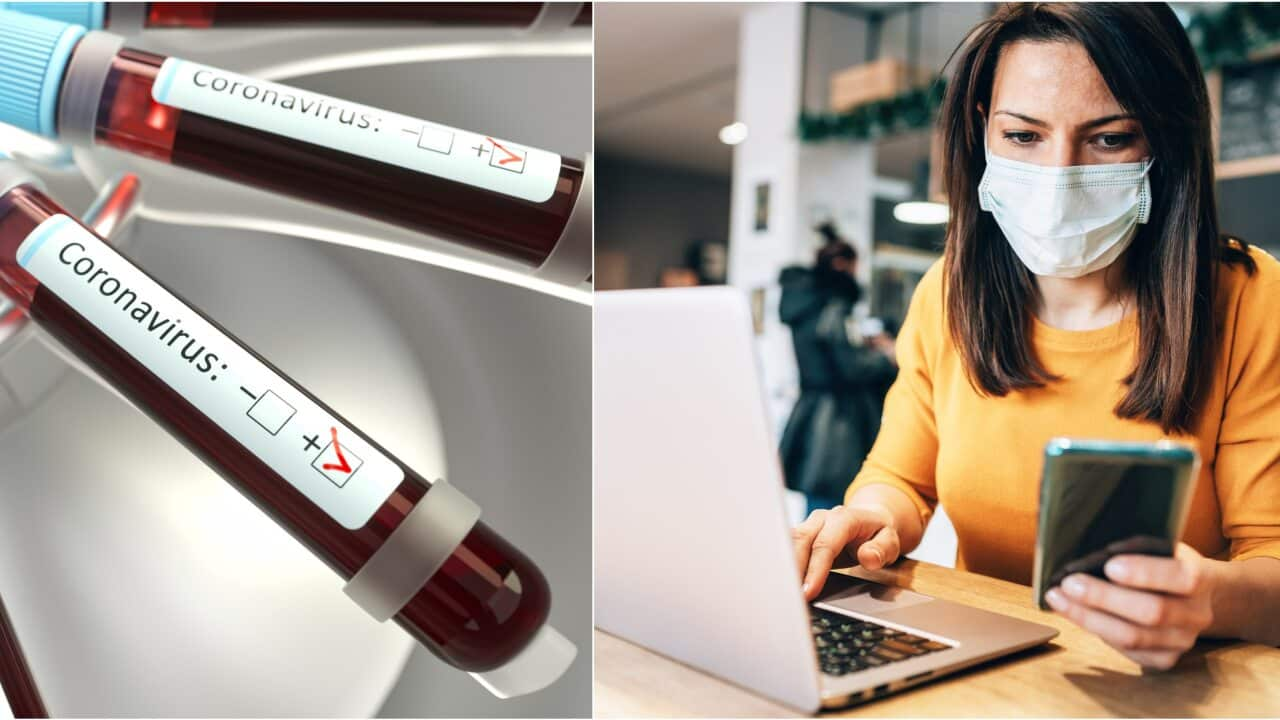O primeiro-ministro Scott Morrison anunciou as novas medidas para limitar a disseminação do COVID-19.
Todos os passageiros que chegarem do exterior à Austrália deverão ficar em isolamento, por sua conta, por duas semanas a partir de hoje.
Scott Morrison também disse que a Austrália vai proibir navios de cruzeiros de portos estrangeiros de atracarem na Austrália.
Há mais de 250 casos confirmados de COVID-19 na Austrália, com três mortes.
Até agora, pelo menos 23 pessoas se recuperaram da doença.
Self-quarantine
Australian Border Force is screening anyone who returns to Australia from overseas for symptoms of coronavirus (COVID-19) and provide them with information on self-quarantine.
If you have been overseas in the last 14 days and are feeling unwell, call your doctor immediately.
From Monday 16 March, if you have been overseas and are feeling well, you need to self-quarantine for 14 days from the date you left the overseas country.
You must also self-quarantine if you have been in close contact with someone who already has coronavirus (COVID-19).
While you’re self-quarantining, if you start to feel unwell and develop any symptoms at all, but especially a fever or shortness of breath, a cough or a respiratory illness, you should seek immediate medical attention. Call ahead to your GP and tell them your travel history so they can prepare for your visit.
What does self-quarantine mean?
Self-quarantine means staying in your home, hotel room or provided accommodation, and not leaving for the period you are required to quarantine. Only people who usually live in the household should be in the home. Do not allow visitors into the home.
Does this mean my family or other people I live with need to self-quarantine?
Other members of the household are not required to self-quarantine unless they meet one of the criteria for self-quarantine outlined above. If you develop symptoms and are suspected to have novel coronavirus, members of the household will be classified as close contacts and will then need to be in self-quarantine.
How do I get things I need while in self-quarantine?
The Queensland Government is partnering with the Australian Red Cross, to ensure people have access to support during their period of self-quarantine. This service includes a regular telephone call to check-in on the person’s wellbeing and to identify any practical support they may need help with. For example, organising the delivery of groceries, access to educational materials, replacement of medications etc.
People who are self-quarantined must call () for further advice and to register for support. Staff at 13 HEALTH can connect people through to a local public health unit and other health support services.
What happens when I end my 14 days of self-quarantine?
If you have self-quarantined for 14 days without any symptoms, you are free to go about your usual activities and return to work, school, childcare, TAFE and university.
If you require a medical certificate, you will need to see a GP.
You should seek medical attention immediately if you develop symptoms while in self-quarantine.
Keeping spirits up while in self-quarantine
Being under quarantine can be frightening, particularly for young children. Suggestions include:
- Talk to the other members of the family about the infection. Understanding novel coronavirus will reduce anxiety.
- Reassure young children using age-appropriate language.
- Keep up a normal daily routine as much as possible.
- Think about how you have coped with difficult situations in the past and reassure yourself that you will cope with this situation too. Remember that quarantine won’t last for long.
- Keep in touch with family members and friends via telephone, email or social media.
- Exercise regularly. Options could include exercise DVDs, dancing, floor exercises, yoga, walking around the backyard or using home exercise equipment. Exercise is a proven treatment for stress and depression.
Reducing boredom while in self-quarantine
Being confined to home for an extended period can cause boredom, stress and conflict. Suggestions include:
- Arrange with your employer to work from home, if possible.
- Ask your child’s school to supply assignments, work sheets and homework by post or email.
- Don’t rely too heavily on the television and technology. Treat quarantine as an opportunity to do some of those things you never usually have time for, such as board games, craft, drawing and reading.










